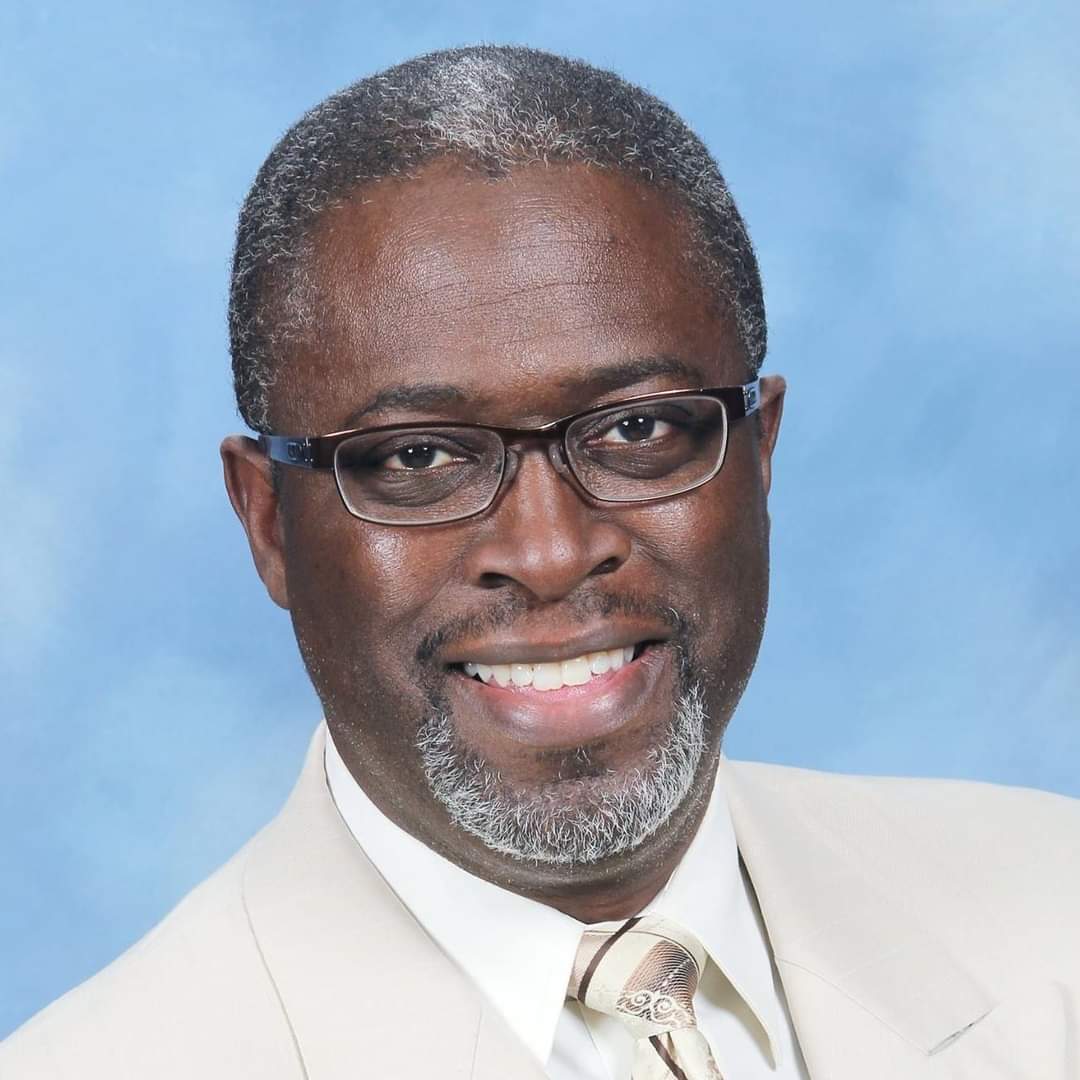Our expectations as Christians are not easily fulfilled; often we feel outmatched by what God has called us to be. The disciples faced such a situation at the beginning of Luke 17 after Jesus called them to a particular point of faithful living while in a broken world. Jesus indicated to them that they had to come to grips with the fact that they could not right every wrong in such a world; but they must have faith in the Savior who can (17:1–2). The nature of that faith is the point of the rest of the story.
Although the disciple of Christ is not to go about seeking to rectify all of the world’s brokenness, we are to work hard at dealing with manifestations of that brokenness within the boundaries of the Christian community. Sin will take on various forms among believers and the disciples’ response is both a readiness to confront it, and a willingness to forgive it. In this case it means going through a cycle of confrontation, repentance, and forgiveness seven times in one day with the same person, if need be, according to Christ (17:3–4).
Anyone ministering within the church for very long can identify with the disciples’ reaction. Luke 17:5 expresses our prayer when repeatedly dealing with the sins of others, “And the apostles said to the Lord, ‘Increase our faith!’” This response is straightforward and simple. It reveals the disciples’ inadequacy in the face of Jesus’s high demand. They honestly exposed their need.
Not only do we resonate with that response, but we might also imagine a dear sister or brother responding this way after hearing a difficult sermon. They also might wonder if they had a big enough faith for various situations in life. When difficulties mount, “Increase our faith” seems to be an appropriate prayer of Christian concern regarding spiritual matters.
Moreover, one would think such a humble response would be embraced by Jesus. Yet Jesus surprises us by saying, “If you had faith like a mustard seed, you would say to this mulberry tree, “‘Be uprooted and be planted in the sea;’ and it would obey you” (17:6). Far from commending their humility, Jesus rebuked them and went on to demonstrate to them that their request revealed a misunderstanding of faith and its potency.
While seemingly harsh, Jesus’s response may not be as stern as it first appears. You see, faith does actually increase. In 2 Thessalonians 1:3 the apostle Paul laid out three reasons he always gave thanks for the believers at Thessalonica. Interestingly, these same three things were the same three he gave thanks for in his previous letter to the Thessalonians—faith, love, and perseverance (1 Thess 1:3). He wrote that he gave thanks for their faith, “because your faith is greatly enlarged” (2 Thess 1:3).
This interesting term is only used here in the New Testament. Within Paul’s culture, this unique word, “greatly enlarged,” described growing “to the extreme limit, to attain great power or authority, or to achieve the highest position or status.”1Kittle, V. 8. Pg. 517 In such cases, the word was not limited to a previous absence of size. In other words, the thing being described did not have to be small before it grew bigger but could have been large, in the first place, and expanded from there. For example, this word could be used of “a fish which was already big,” that grew even bigger.2Kittle Therefore, Paul was already thankful for their work of faith, but he could pray for expansion and even greater heights of faith.
In 1 Thessalonians 3 Paul was thankful that they already possessed faith; yet he also had some concerns that lead him to send Timothy to check up on the Thessalonian congregation. Timothy was “to strengthen and encourage you as to your faith” (3:5); moreover, Paul was concerned about the Tempter working against them, so he wanted to “find out about your faith” (3:5).
Upon his return, Timothy was able to bring back “good news of your faith and love” (3:6). Therefore, the mission team of Paul, Silvanus, and Timothy, was “comforted about you through your faith” (3:7). The robust nature of the Thessalonian faith was the key to the praise.
Finally, Paul indicated that the three men wanted to see the Thessalonians again so that they might, “complete what is lacking in your faith” (3:10). When the courier returned from delivering Paul’s first letter to the Thessalonians, he was happy to hear that they had matured greatly in their faith. In fact, their faith had increased.
Though it doesn’t seem like it, Paul’s experience with the Thessalonians dovetails with Jesus’s statement in Luke 17. Jesus’s response indicated that the disciples’ request for more faith evidenced a misunderstanding of faith. They believed that the possession of faith made it effective; particularly in regard to the quantity one possessed. Of course, this would mean that a slightness of faith would be barely functional. Lots of faith was needed for great things.
However, Jesus notes that it was not the quantity of faith that created its potency; but that the potency was in the One on whom the faith depended. Faith does not work to accomplish the intent of faith; but God, the one in whom the faith was directed, is the one who works. Thus, faith’s potency is unlimited because the God in whom the faith trusts is unlimited. The request for more revealed a failure to grasp faith’s real effectiveness or potential.
Yet, if texts like 2 Thessalonians 1:3 demonstrate that faith can increase, why would Jesus respond negatively to the disciples’ prayer? Doesn’t Paul indicate this very thing was happening among the Thessalonians?
The problem with the disciples was that they were hoping through some supernatural, immediate act, to gain what could only be gained through a life of living faithfully with the Savior. They wanted immediately what God gives in a mediated manner.
It was like a child whom upon hearing from his father what it takes to be a husband, frets over his inability to fulfill those lofty demands. Now, the son could ask for some type of miraculous intervention to equip him instantly for the role, but such an intervention would never happen. The son needs to live a life practicing godliness as a son to his father. Over time, he will grow into the very things he senses he lacks.
The disciples needed not a supernatural infusion of a matured faith. They need to live obediently to their Savior’s demands, which is what Jesus exhorted them to do. In that manner, they will find their increase—just like the Thessalonians did. However, genuine faith does not have to wait for maturity to be effective, for its object and source is unlimited.




